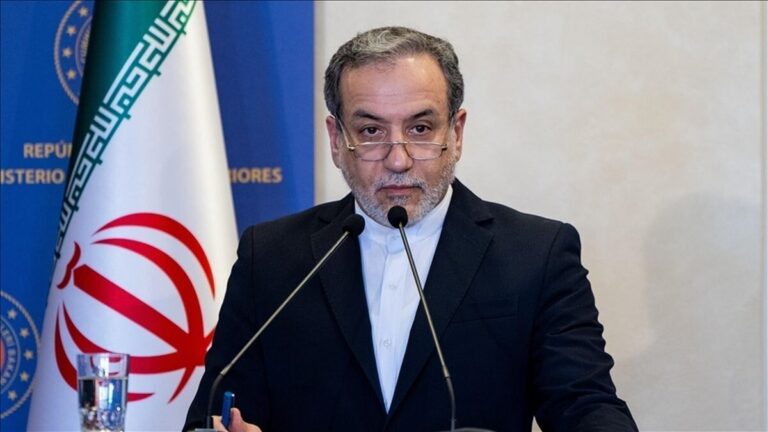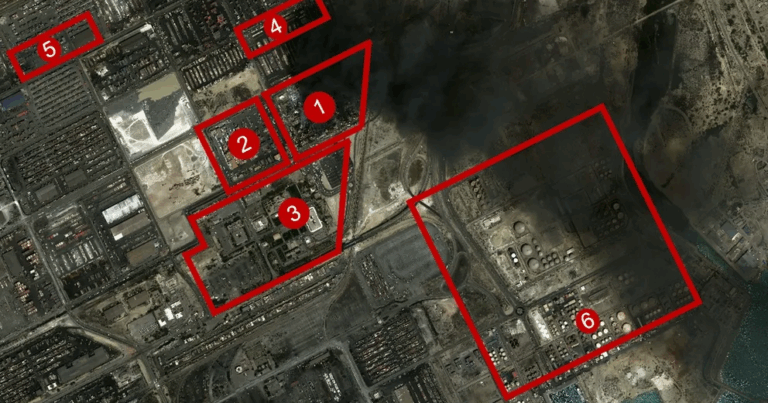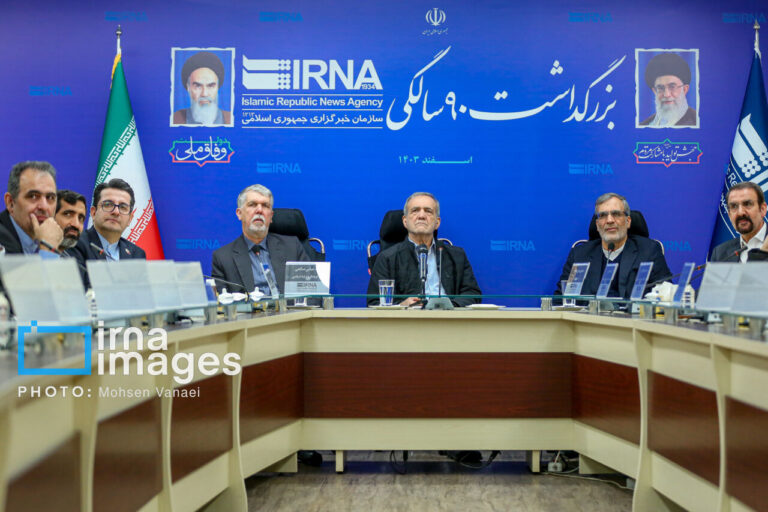Unpacking the U.S. Violation of Quadruple Agreements: Key Insights and Implications
In recent weeks, speculation has been rife regarding potential negotiations between Tehran and Washington. These discussions hark back to the earlier indirect talks that resulted in the “Joint Comprehensive Plan of Action” (JCPOA). However, following Donald Trump’s unilateral withdrawal from the agreement during his presidency, the landscape has drastically changed, particularly with the imposition of stringent anti-Iranian sanctions under the “Maximum Pressure” campaign.
In a significant address to commanders and staff of the Air Force and Air Defense Force on February 7, Leader of the Revolution Ayatollah Seyed Ali Khamenei stressed the importance of reflecting on the “two years of negotiations and concessions without tangible results.” He pointed out that the United States had violated the treaty, which had its flaws, and withdrew from it unilaterally. Khamenei firmly asserted that negotiating with such a government is both unwise and dishonorable.
Beyond the JCPOA, a comprehensive review of the United States’ commitments and agreements with various nations highlights the futility and potential repercussions of such dialogues. A prime example of this is the series of violated agreements between the US and Russia, shedding light on the complexities of international negotiations.
Futile Washington-Moscow Military Agreements
The relationship between the United States and Russia, dating back to the Cold War, has been marked by competition and frequent violations of bilateral treaties. Below are key treaties that have faced violations by the US:
- Anti-Ballistic Missile (ABM) Treaty – 1972
- Intermediate-Range Nuclear Forces (INF) Treaty – 1987
- Verbal Agreement on NATO Expansion – 1990
- Open Skies Treaty (OST) – 1992
1. Anti-Ballistic Missile (ABM) Treaty – 1972
The ABM Treaty was designed to limit the development and deployment of missile defense systems between the US and the Soviet Union. It aimed to maintain a strategic balance by preventing unilateral superiority. However, in 2002, the administration of George W. Bush withdrew from the treaty, citing the need for missile defense against potential threats from third countries. This move incited a strong backlash from Russia, which perceived it as a breach of strategic agreements and a threat to nuclear equilibrium.
2. Intermediate-Range Nuclear Forces (INF) Treaty – 1987
The INF Treaty sought to eliminate ballistic and cruise missiles with ranges between 500 and 5,500 kilometers. It was pivotal in reducing nuclear tensions during the Cold War. However, in 2019, the Trump administration announced the US withdrawal from the treaty, alleging Russian violations. Moscow refuted these claims, stating that the US failed to provide credible evidence. This withdrawal raised global concerns about a renewed arms race and increased nuclear threats, as both nations could now deploy intermediate-range missiles without restrictions.
3. Verbal Agreement on NATO Expansion – 1990
During the reunification of Germany, Soviet officials sought assurances from the US regarding NATO’s eastward expansion. US Secretary of State James Baker’s assurance that NATO would not expand “not an inch eastward” was later contradicted by NATO’s enlargement into Eastern Europe. This expansion has fueled tensions between Russia and the West, particularly regarding ongoing conflicts in Ukraine. The admission of Sweden and Finland into NATO has further escalated these tensions.
4. Open Skies Treaty (OST) – 1992
The OST was established to promote military transparency by allowing unarmed reconnaissance flights over each other’s territories. This agreement aimed to foster trust and prevent conflicts. However, the US withdrawal from the treaty has raised alarms about diminishing transparency and trust between the two nations.
Impact of US Withdrawal from Treaties
The repeated withdrawal from various treaties by the United States has not only intensified the arms race but has also engendered distrust between the US and other countries. The violations of treaties such as the ABM and INF have directly impacted the nuclear balance and strategic security, while NATO’s expansion has strained US-Russian relations significantly.
These developments have led to deeper resentments among major powers, resulting in a more unstable global environment. As international relations hinge on trust and shared commitments, violations can erode global stability, potentially leading to a resurgence of cold tensions and competitions.
Given this backdrop of non-commitment, a pressing question arises: How can a mutually beneficial agreement be achieved with the United States, especially under the leadership of Trump, who withdrew from not only the JCPOA but also other critical treaties like the Open Skies Treaty and the INF Treaty?
As the world observes these developments, the implications of such negotiations could have far-reaching effects on global security and diplomatic relations.






